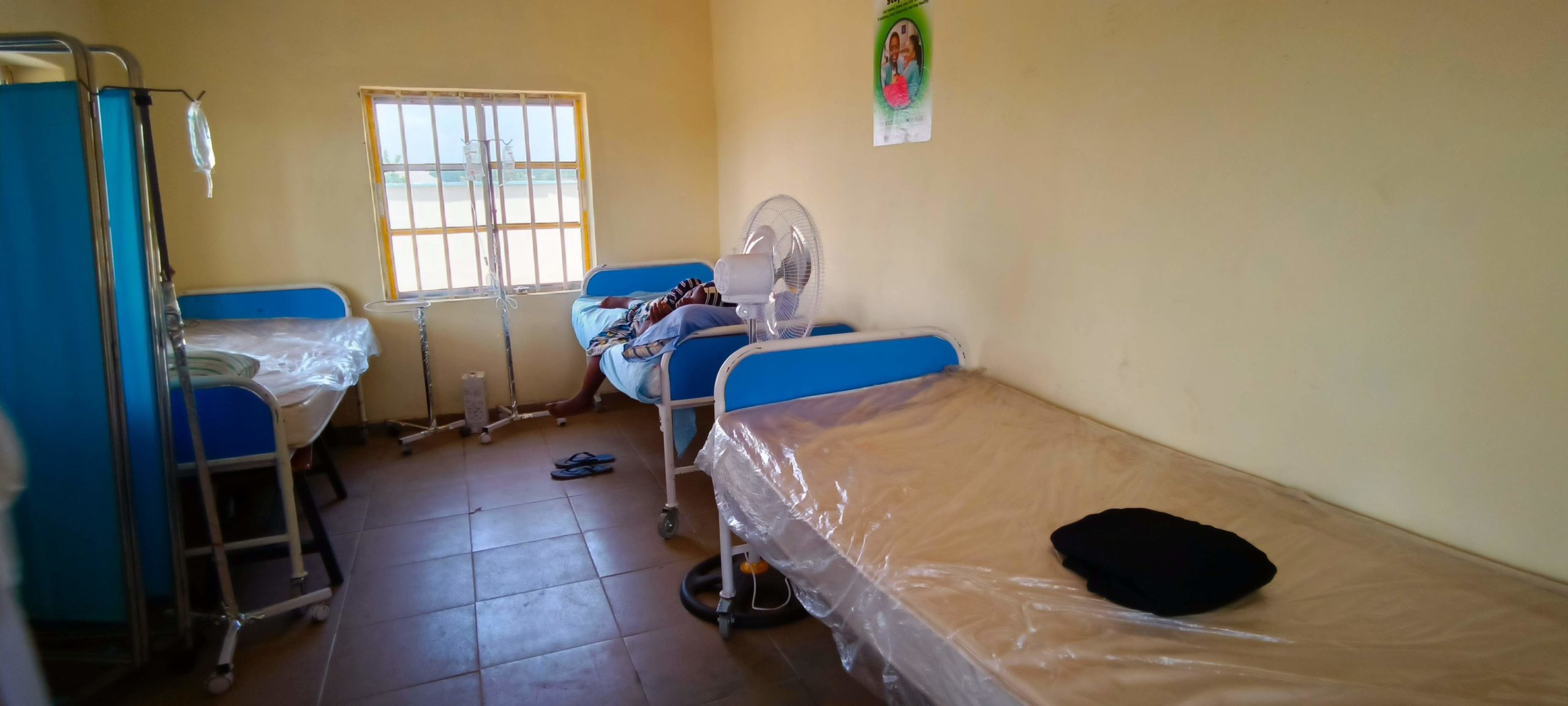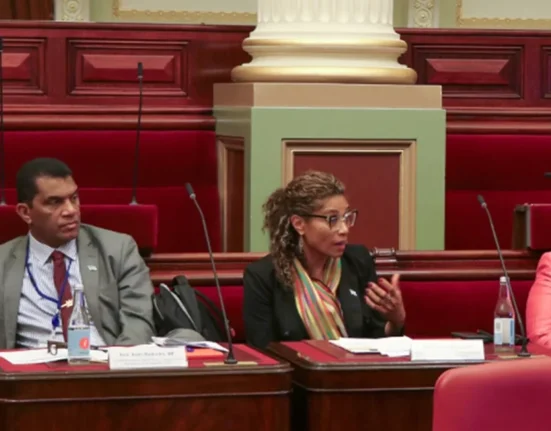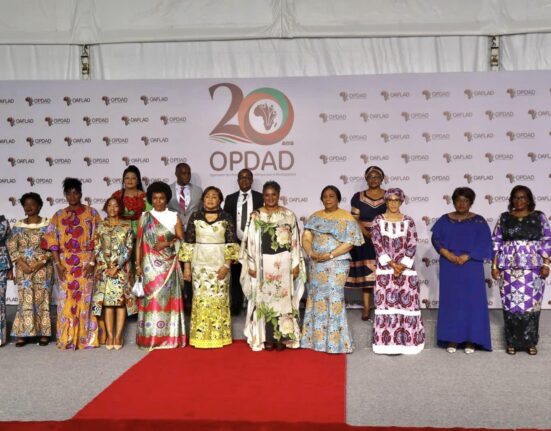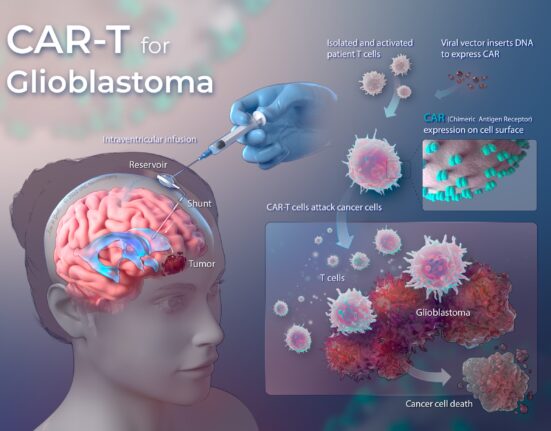The Federal Ministry of Health and Social Welfare, led by Professor Muhammad Ali Pate, is dedicated to enhancing healthcare access for all Nigerians through the Basic Healthcare Provision Fund (BHCPF). In a recent gathering in Abuja for the 11th Ministerial Oversight Committee meeting, key stakeholders highlighted the significant strides made in improving primary healthcare services across the country.
Professor Pate underscored the impact of BHCPF by stating,
“Over 37 million Nigerians now have access to essential healthcare services through this fund.”
This achievement stands as a testament to the collaborative efforts between the federal government, states, local governments, civil society organizations, private sector entities, and development partners.
He emphasized that such progress would not have been possible without strong partnerships at all levels of governance.
“No single tier of government can address basic healthcare challenges alone,”
Professor Pate noted.
“But collectively, we are steadily advancing towards a healthier nation.”
The success of BHCPF can be attributed to President Bola Ahmed Tinubu’s Health Sector Renewal Investment Initiative and broad support from all 36 state governors and stakeholders within the health sector. Macro-economic reforms such as tax restructuring and fuel subsidy removal play a vital role in ensuring sustainable funding for critical sectors like health.
Addressing concerns about tuberculosis (TB) treatment delays despite positive diagnoses, Professor Pate reassured that additional funding has been allocated in the 2025 budget to procure more drugs. This move aims to meet the escalating demand resulting from enhanced TB detection efforts.
Dr. Iziaq Adekunle Salako, Minister of State for Health, highlighted transparency and inclusivity as driving forces behind BHCPF’s successful implementation. He stated that involving sub-national actors, civil society groups, and key agencies in oversight committees has significantly improved service delivery effectiveness.
Substantive progress was also reported at the sub-national level by Dr. Oyebanji Filani during his address at the meeting. He disclosed that over ₦32 billion had been disbursed in the first half of 2025 to bolster service delivery in more than 8,000 primary healthcare centers nationwide. These investments have resulted in extensive facility renovations, staff training initiatives, consistent medicine supply chains – ultimately making healthcare more accessible and enhancing overall population health outcomes.
Dr. Filani commended the federal government’s unwavering support while emphasizing ongoing accountability measures across states to further solidify these gains. The overarching goal remains focused on achieving a 70% population coverage for essential healthcare services throughout Nigeria.
In addition to financial disbursements for effective BHCPF implementation approved at this meeting were critical steps aimed at fortifying primary care systems:
– Ratified two crucial disbursement approvals totaling over ₦65 billion
– Formal approval of revised BHCPF Guidelines 2.0
– Commencement of Mini District Health Information System (Mini-DHIS) rollout
– Appointment announcement: Dr.Ogbe Oritseweyimi as Secretary of BHCPF MOC Secretariat
Moving forward with renewed vigor post-meeting resolutions include amplifying sector visibility through strategic communication channels; thereby highlighting reform successes and positive impacts on Nigerian communities.
In conclusion:
The commitment demonstrated by both federal and state entities towards strengthening primary healthcare systems underscores a concerted effort towards achieving universal health coverage – ultimately paving the way for healthier communities nationwide.









Leave feedback about this